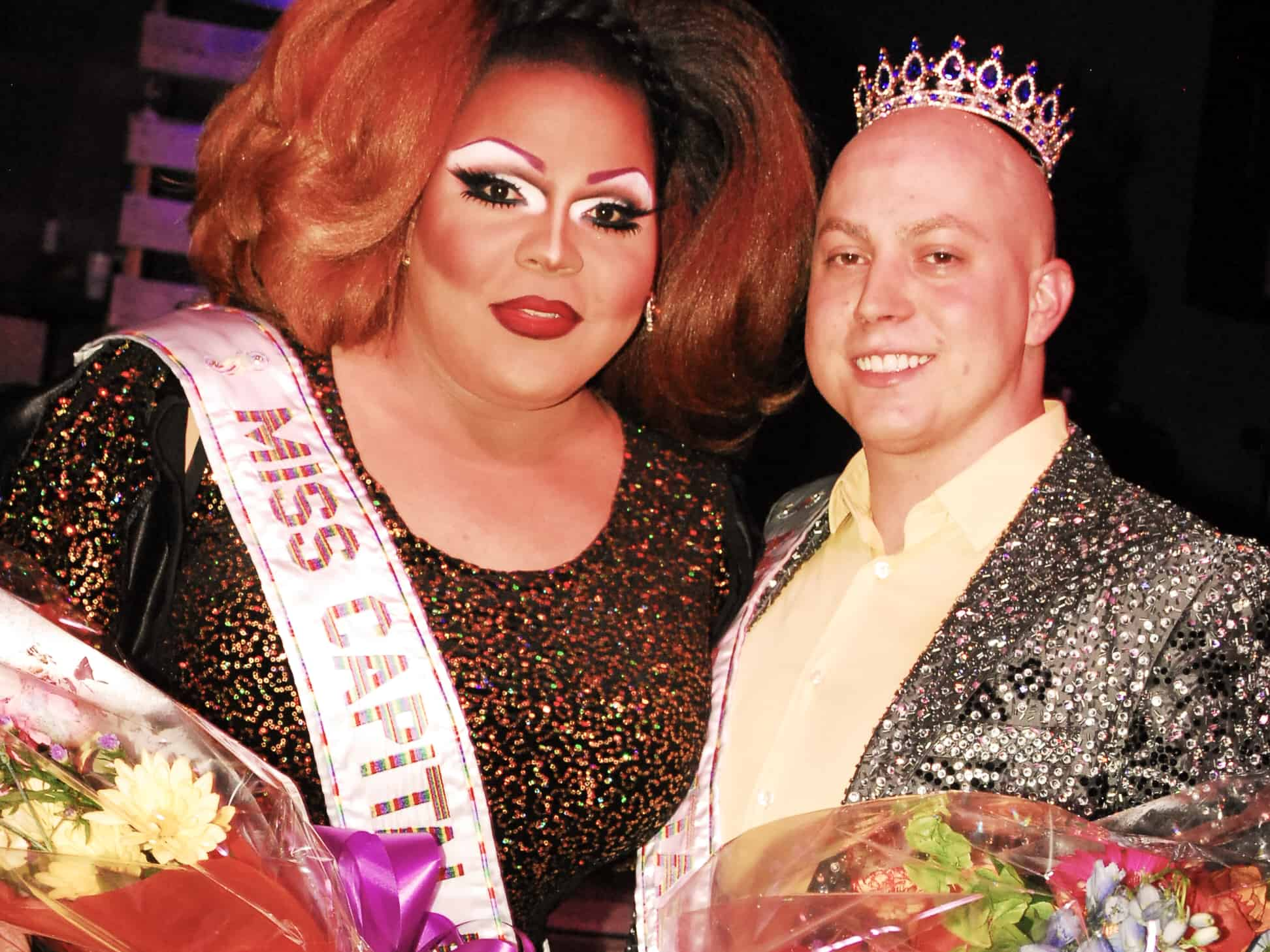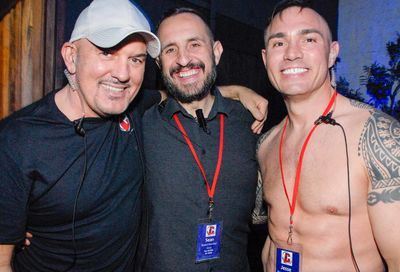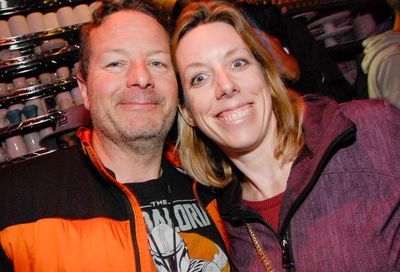Virginia delegate re-introduces hate crimes reporting bill
Identical bill failed earlier this year, despite support from state law enforcement authorities
“One of the things you learn when you get sent to Richmond is that sometimes you have to take the long view,” says Virginia Del. Rip Sullivan (D-McLean, Arlington). “Sometimes it will take more than one attempt to get even a terrific bill through the General Assembly, which sometimes works methodically.”
By dint of their minority status, Sullivan and other Democrats in the General Assembly often get practice being patient, as the partisan nature of Richmond often leads the Republican majority to kill their proposed bills by relegating them to subcommittees that are stacked not only in favor of Republicans, but often the most conservative Republicans and very few from more moderate areas like Hampton Roads or Northern Virginia. Still, Sullivan is tireless in his advocacy for the measures he introduces, such as a bill that would allow state, county, and municipal law enforcement agencies to put in process a place for reporting hate crimes.
Under the hate crimes reporting law Sullivan is proposing — as he did earlier this year during the 2015 session — the Superintendent of the State Police will be tasked with maintaining a “central repository for the collection and analysis of information regarding hate crimes and groups and individuals carrying out such acts.” Local law enforcement officials would be required to report all hate crimes to the state police so that they are better aware of such occurrences and can use that information to spot trends or prevent future hate crimes from occurring. The bill also defines the term “hate crime” and adds the classes of sexual orientation and gender identification to the list of groups who may be targeted by hate crimes.
Last year, the bill received support from the state police, who testified in favor of the bill before a House subcommittee. But the Republican members who comprise the majority of the subcommittee voted to table the measure, effectively killing it for the rest of the year.
Other Democrats — as well as state LGBT rights advocates — say that Republican rank-and-file members of the House often vote against any bill, regardless of merit, if it is opposed by one of three groups: the Family Foundation of Virginia, the Catholic Conference and a group representing retired Baptist ministers. The LGBT allies say all three groups have one single goal of making sure that the words “sexual orientation” and “gender identity” never make it into the Code of Virginia.
Last year, Del. Marcus Simon (D-Falls Church City, Merrifield, Pimmit Hills) told Metro Weekly that a representative from the Family Foundation didn’t even attempt to explain his opposition until questioned by Simon, at which point he gave a rambling, incoherent response as to why the bill should be defeated.
But Sullivan says that, from the questions posed by his colleagues, he personally did not get the impression that the bill was rejected because of outright anti-gay animus, but rather concerns about implementation, and the burden placed on local law enforcement in terms of knowing what can be classified as a hate crime.
“My sense was there might have been concern about over-reporting of these things. But that’s clearly not the case,” he says. “It is not the case that Virginia law enforcement is in any way incapable of recognizing when a hate crime is a hate crime. … Law enforcement recognizes that these crimes are out there. Law enforcement recognizes that these crimes mirror the rest of the nation, which is that more than 20 percent of all hate crimes are committed based on sexual orientation or gender identity.
“The fact of the matter is Virginia law enforcement is compiling this data already, Virginia law enforcement is reporting it to the FBI, and right now, what I’m trying to address is that the Code [of Virginia] simply doesn’t align with what we are already doing,” Sullivan adds. “And so in that sense, it’s not a particularly large step, in my view, to ask the General Assembly to recognize what we’re doing in the Code. … I am hopeful that this time around, we can pick up the relatively few votes we would need to move this out of subcommittee and committee onto the floor.”
Support Metro Weekly’s Journalism
These are challenging times for news organizations. And yet it’s crucial we stay active and provide vital resources and information to both our local readers and the world. So won’t you please take a moment and consider supporting Metro Weekly with a membership? For as little as $5 a month, you can help ensure Metro Weekly magazine and MetroWeekly.com remain free, viable resources as we provide the best, most diverse, culturally-resonant LGBTQ coverage in both the D.C. region and around the world. Memberships come with exclusive perks and discounts, your own personal digital delivery of each week’s magazine (and an archive), access to our Member's Lounge when it launches this fall, and exclusive members-only items like Metro Weekly Membership Mugs and Tote Bags! Check out all our membership levels here and please join us today!























